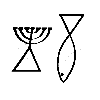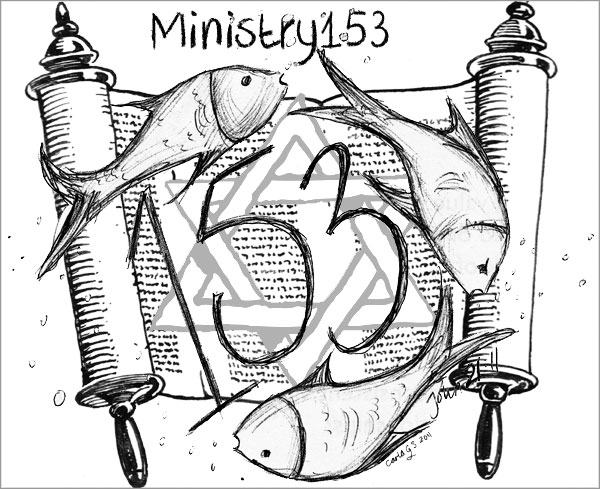|
THE
CITY GATE MESSIANIC BIBLE STUDY
A HEBREW LOOK AT YESHUA'S PARABLES 002

Most of the parables
of YESHUA are found in the three synoptic gospels (Mattiyahu (Mat),
Mark, and Luke). Only one parable (in three parts) is found in the
gospel of Yochanan (John). How many parables of YESHUA are there? A
difficult question. The Catholic Encyclopedia lists 33 parables. The NIV
Study Bible lists 40, There are different answers to this question as
sometimes categorizing a parable is subjective. As some count a little
over 100 parables in the Bible, others perceive more than 250. As far as
the parables of YESHUA which are found in the four synoptic Gospel
books, there are over 30, with most agreeing on 38-39 different
parables.
4 guiding principals
1. Don't treat parables like allegory.
An allegory is most often completely filled with symbolic meaning. Every
detail means something that can be traced to the overriding principle
that is being illuminated. Parables usually have one basic, central
meaning. Trying to over symbolize them can have the effect of tearing
them apart.
2. The Rule of Three.
Like all good storytelling, parables usually follow the Rule of Three.
Do you remember the stories you heard as a child—such as “The Three
Little Pigs” and “The Three Bears”? Both of these stories are filled
with more “threes”: three wolves, three beds, three bowls of porridge.
Jesus did this often in the telling of the parables. And is it any
wonder that many parables deliver three important truths or that most
sermons rest on three important points?
3. The Rule of Two.
Parable characters often follow the Rule of Two. There were usually two
people who experienced tension between righteousness and sin, good and
evil. When you look for these two elements you will find an important
part of the development of the parable.
4. Code words and phrases.
YESHUAS’ parables used certain phrases and code words that communicated
in subtly powerful ways to His audiences. For instance, “How much more”
is used to build a bridge from temporal things to spiritual realities.
“He who has ears to hear” calls people to critically important issues of
spiritual life and death. “Verily, verily, I say to you,” means that
YESHUA is speaking with earnest intensity; don’t miss it. Look for these
phrases and understand where they’re leading you.
|






















